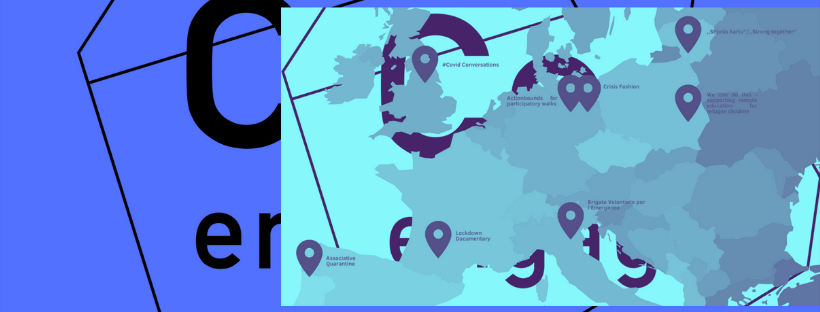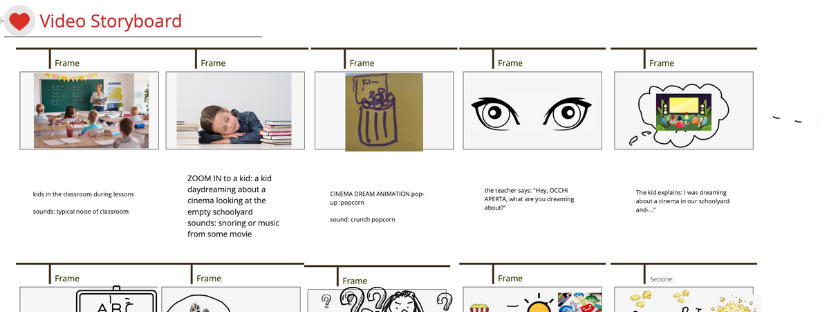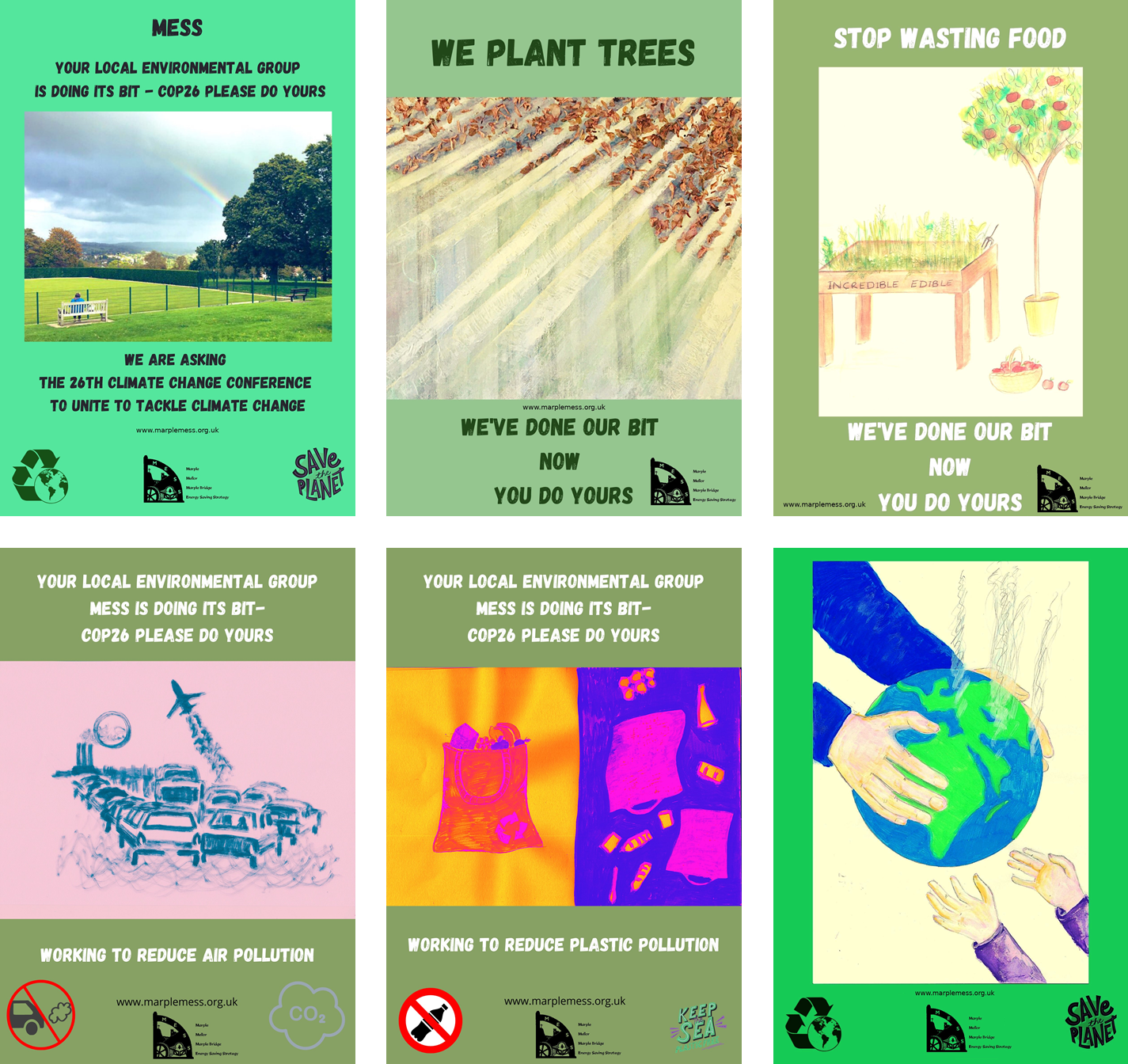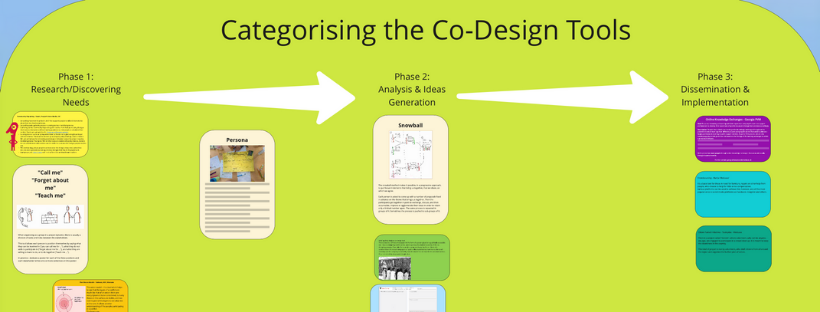CO-ENGAGE E-BOOKS AVAILABLE NOW

Co-Engage (an Erasmus+ project) was a cross sectoral project addressing the intersection of the key competence of Lifelong Learning through its methodology and partnership. By exploring the diversity of approaches of co-creation such as entrepreneurship-building, active citizenship, environmental quality, social inclusion, digital literacy, local policies, formal and non-formal education etc.
One of our key deliverables for the project was an e-book of co-creation best practices from across Europe but, at the onset of the COVID-19 pandemic, we decided as a consortium to produce two e-books, with one focussing on co-creation practices that emerged from lockdowns across the continent.
The e-book’s are now available to download using the below links.
Citizens as Co-Designer: Practices on how to engage citizens in community building



